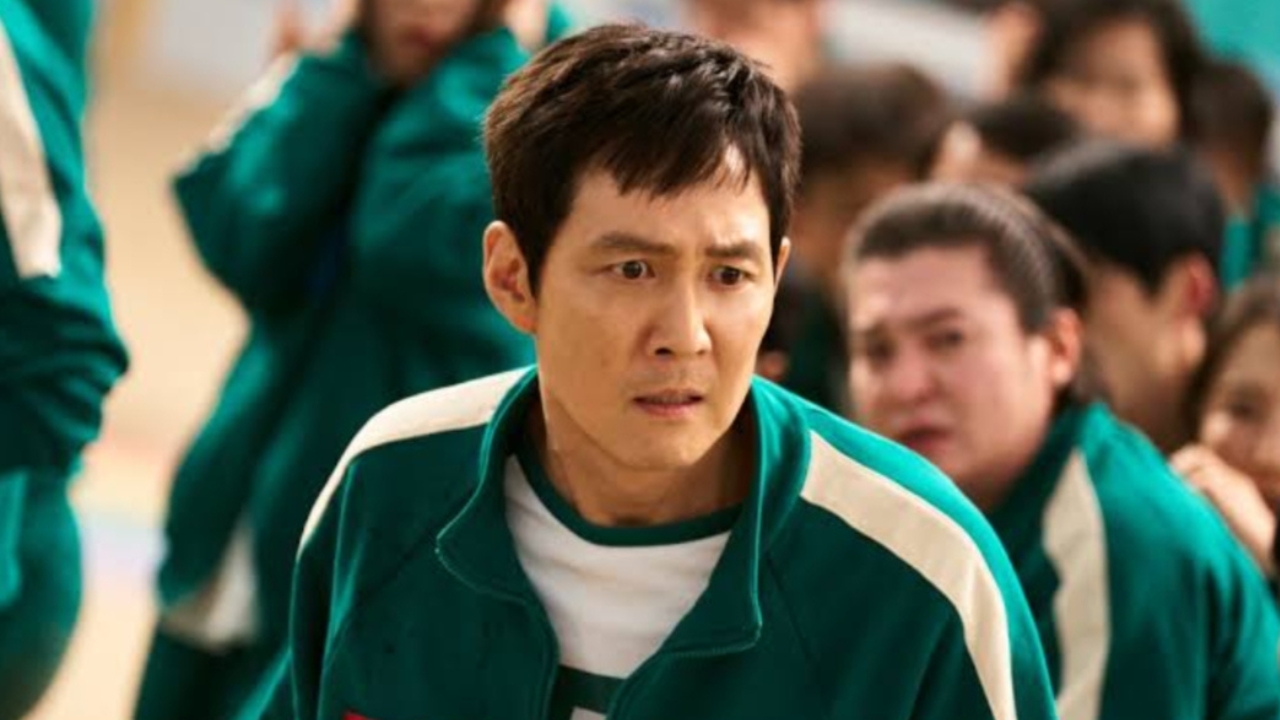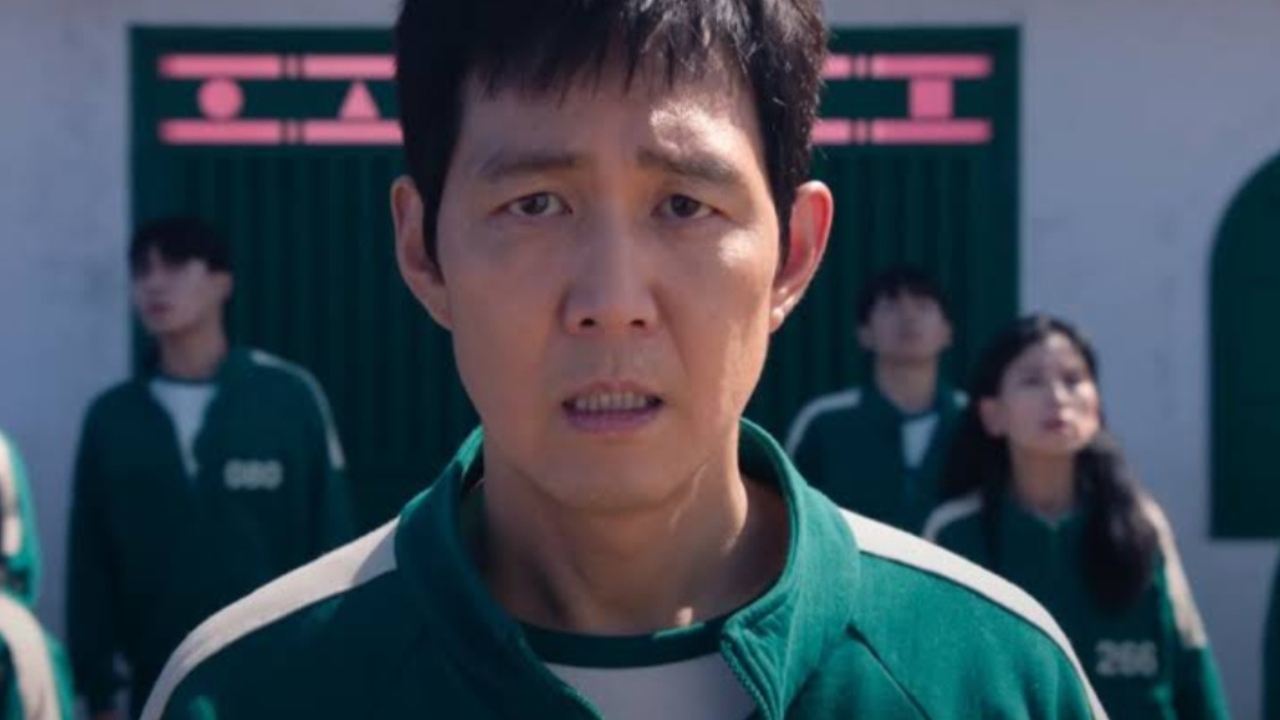The violent and intense themes in Netflix’s Squid Game are deeply rooted in a real historical conflict from South Korea. While the show is fictional, it draws heavy inspiration from the violent events of the 2009 Ssangyong strike, which left a lasting impact on the workers involved.
The second season of Squid Game, released on December 26, 2024, explores themes of economic desperation and inequality, mirroring the real struggles faced by workers in South Korea during the strike.

In May 2009, Ssangyong Motor, one of South Korea’s largest car manufacturers, laid off more than 2,600 workers due to financial difficulties. This decision led to a prolonged and violent 77-day strike.
Workers occupied the factory, demanding their jobs back, but the government and police responded with brutal force, using rubber bullets and tasers.
The violent confrontation left many workers severely beaten, while others faced long-lasting emotional and physical trauma.
The aftermath of the strike was devastating, with many workers facing legal challenges and severe financial hardships. Tragically, about 30 workers, overwhelmed by the ongoing struggles, took their own lives.
One of the strike’s leaders, Lee Chang-kun, recounted spending 100 days atop a factory chimney in protest, enduring mental distress and hallucinations, highlighting the emotional toll the strike took on all involved.
Hwang Dong-hyuk, the director and creator of Squid Game, was deeply influenced by these events when crafting the show’s narrative.

The character of Gi-hun, a laid-off worker who enters a deadly competition for a life-changing prize, was inspired by the real-life workers who fell from middle-class stability to utter desperation.
Dong-hyuk emphasized that the show reflects how ordinary people can suddenly lose everything and be forced to fight for survival in extreme ways.
As Squid Game Season 2 continues to delve into the themes of economic struggle, desperation, and the human condition, it offers a chilling reflection on the real violence and hardships faced by workers in South Korea over a decade ago.





